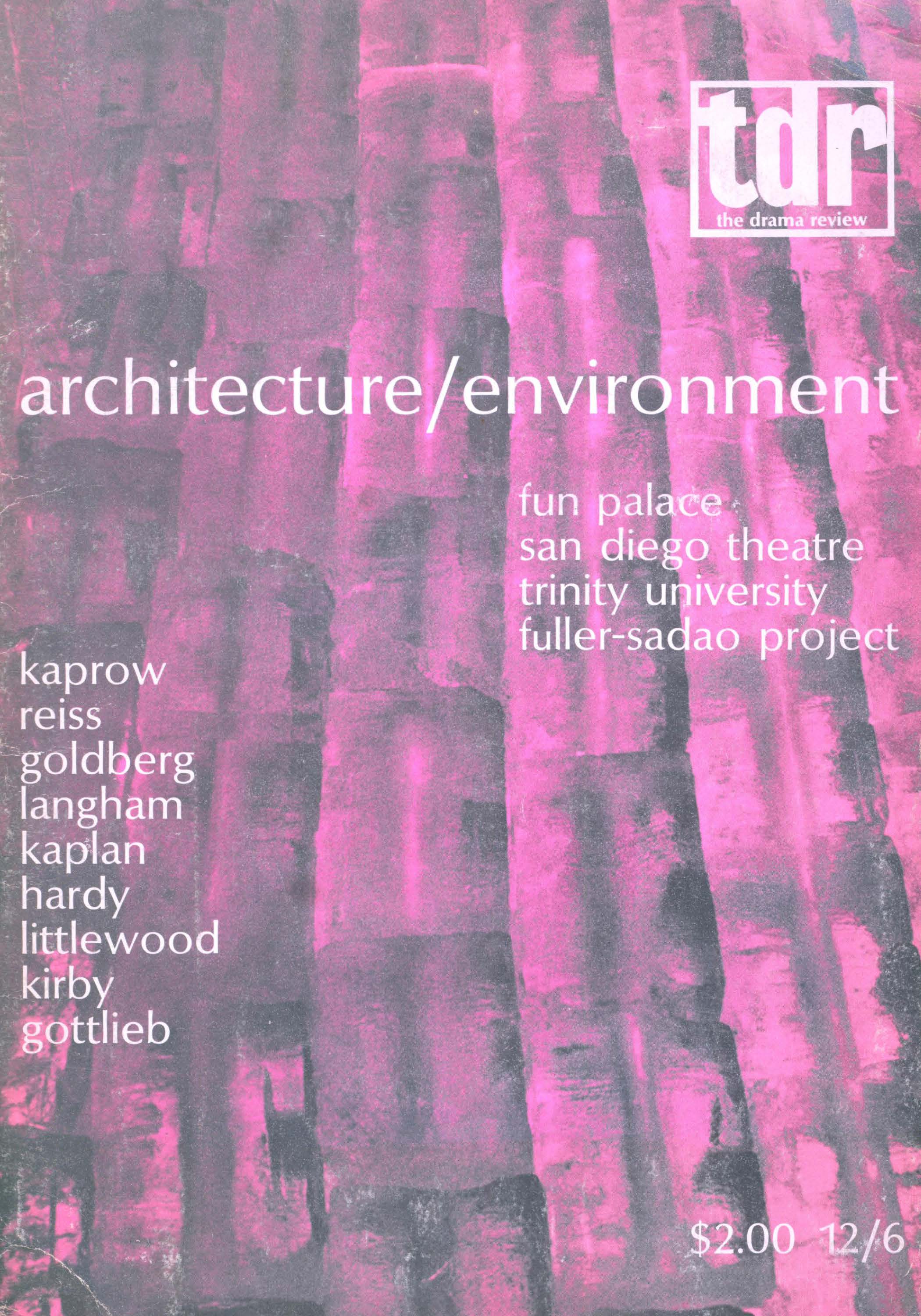Article contents
Meyerhold's Production of The Magnificent Cuckold
Published online by Cambridge University Press: 07 December 2021
Extract
On the 20th of April 1922, having rehearsed with a scratch cast of actors for less than a week, Meyerhold mounted a production (his fifth version) of Ibsen's “Nora” (A Doll's House). The performance took place at the Actors’ Theatre in Moscow (formerly the “Nezlobin”) and the set consisted of old Nezlobin flats with their painted surfaces reversed, arranged in a fairly indiscriminate manner against the back and side walls of the stage.
A few days after this, on the 25th of April, this time with a fully trained cast of actors from his own Workshop, Meyerhold staged a production of the Belgian dramatist Fernand Crommelynck's lyric farce in three acts, The Magnificent Cuckold (Le Cocu Magnifique) with Constructivist decor by Liubov Popova.
- Type
- Research Article
- Information
- Copyright
- Copyright © 1973 The Drama Review
Footnotes
This article, in a slightly amended version, will form part of a longer piece of work on Meyerhold's major productions between 1921 and 1924, which is currently being prepared at the University of Hull, England.
References
1 Written in 1920 and sometimes called in translation The Magnanimous Cuckold, no doubt in an attempt to impart a fuller sense of the perverse generosity of the central action. The Russian translation “velikodushny” for “magnifique” contains this sense of magnanimity.
2 Benjamin, Walter, “The Work of Art in the Age of Mechanical Reproduction,” in Illuminations, Jonathan Cape, London, 1970. Note 20, p. 252.Google Scholar
3 Woroszylski, W., The Life of Mayakovsky, Gollancz, London, 1972. p. 349.Google Scholar
4 Noveyshaya Russkaya Poeziya, Prague, 1921. Quoted by Pomorska, Krystyna, Russian Formalist Theory and its Poetic Ambience, Mouton, 1968. p. 22.Google Scholar
5 Berger, John, “The Moment of Cubism,” in Selected Essays and Articles, Penguin books 1971. p. 153.Google Scholar
6 Notes of a Director (1921) reprinted by University of Miami Press, trans. William Kuhlke, 1969. p. 127.
7 Rudnitsky, K., Rezhissyor Meyerkhol'd. Izd. ‘Nauka', Moscow, 1969. p. 269.Google Scholar
8 A. Gvozdev “Il'-Ba-Zay” in Zhizn'lsskustva, 1924, No. 27.
9 Alpers, Boris, Teatr Sotsyalnoy Masky, Izd. G.I.X.L., Moscow/Leningrad, 1931. p. 30.Google Scholar
10 Boris Alpers, op. cit., p. 30.
11 Barthes, Roland, Mythologies, Jonathan Cape, 1972.Google Scholar, and Elements of Semiology, Jonathan Cape, London, 1967.
12 These images are indebted to Claude Levi-Strauss in the section entitled Clocks and Steam-Engines in Charbonnier's, G. Conversations with Claude Levi-Strauss, Jonathan Cape, London, 1969.Google Scholar
13 McLuhan, Marshall, The Gutenberg Galaxy, Routledge and Paul, Kegan, London, 1962.Google Scholar
- 1
- Cited by


